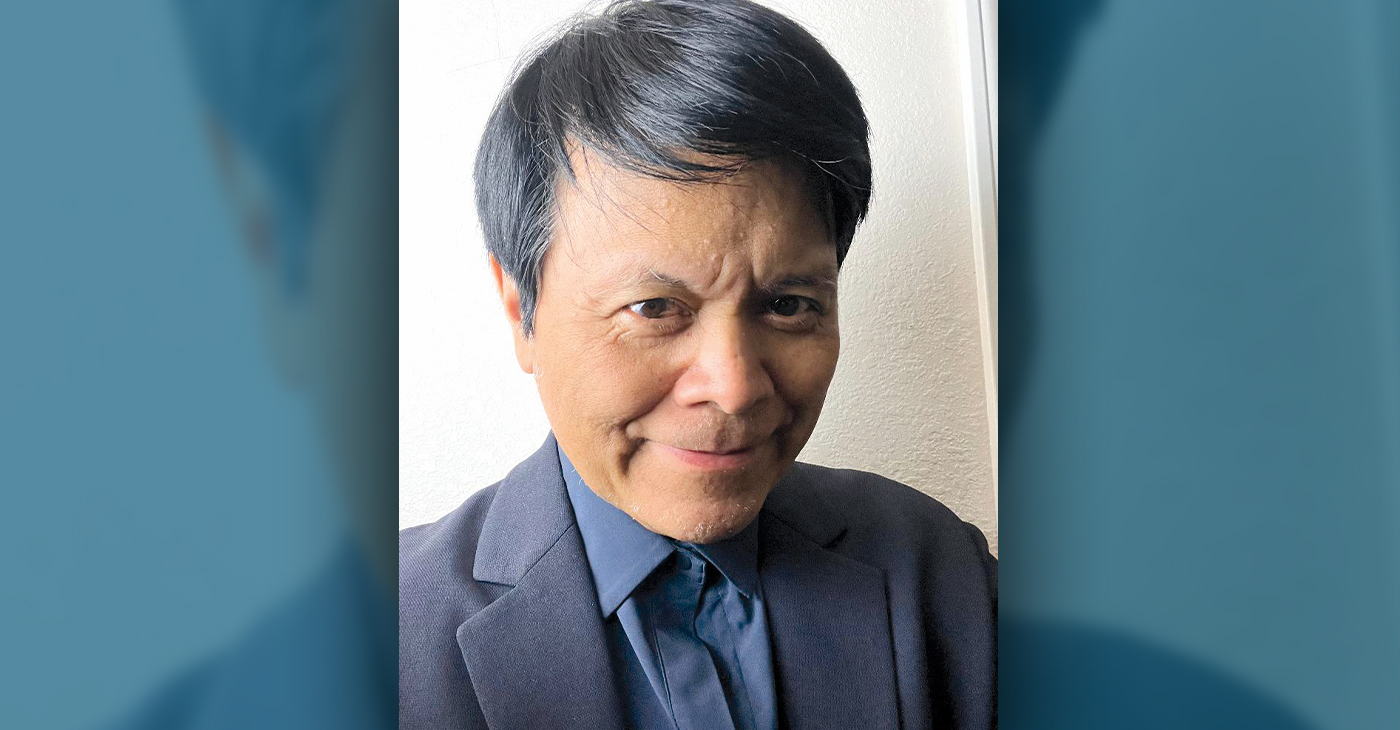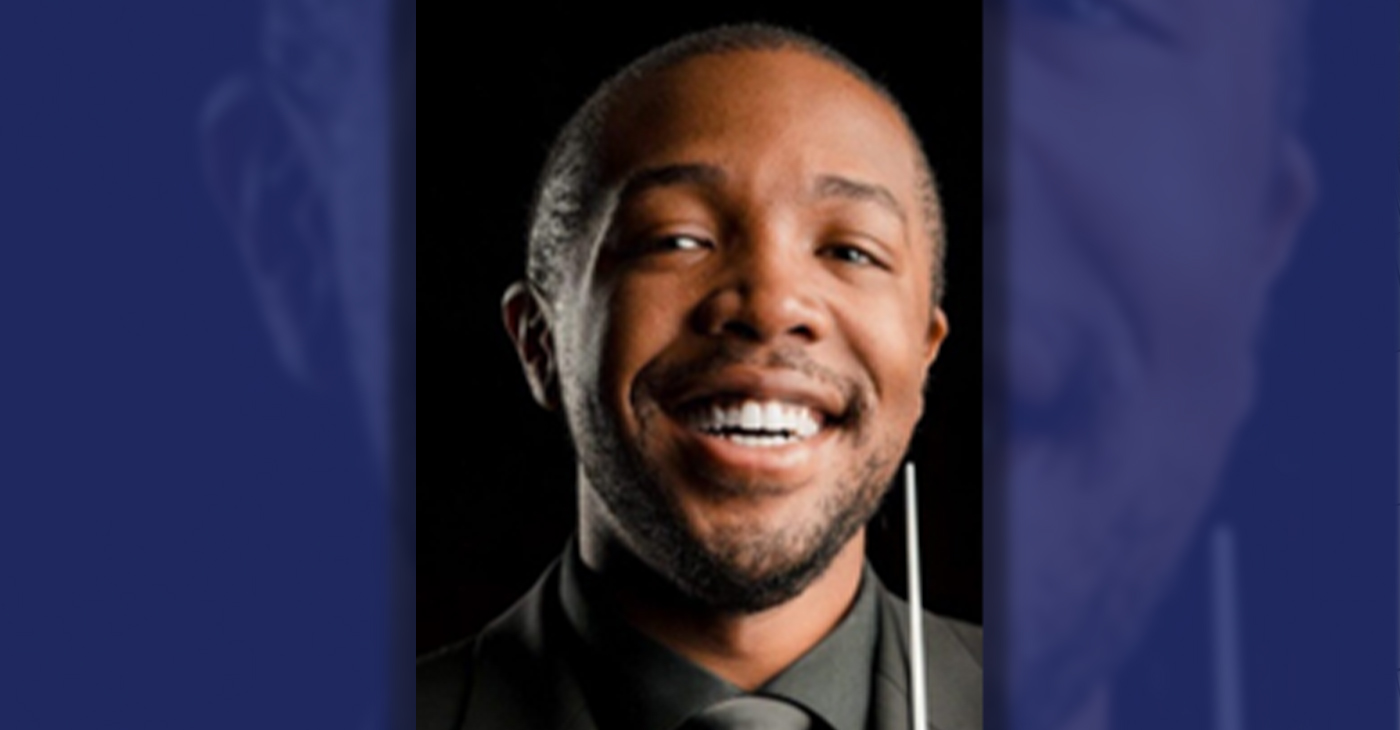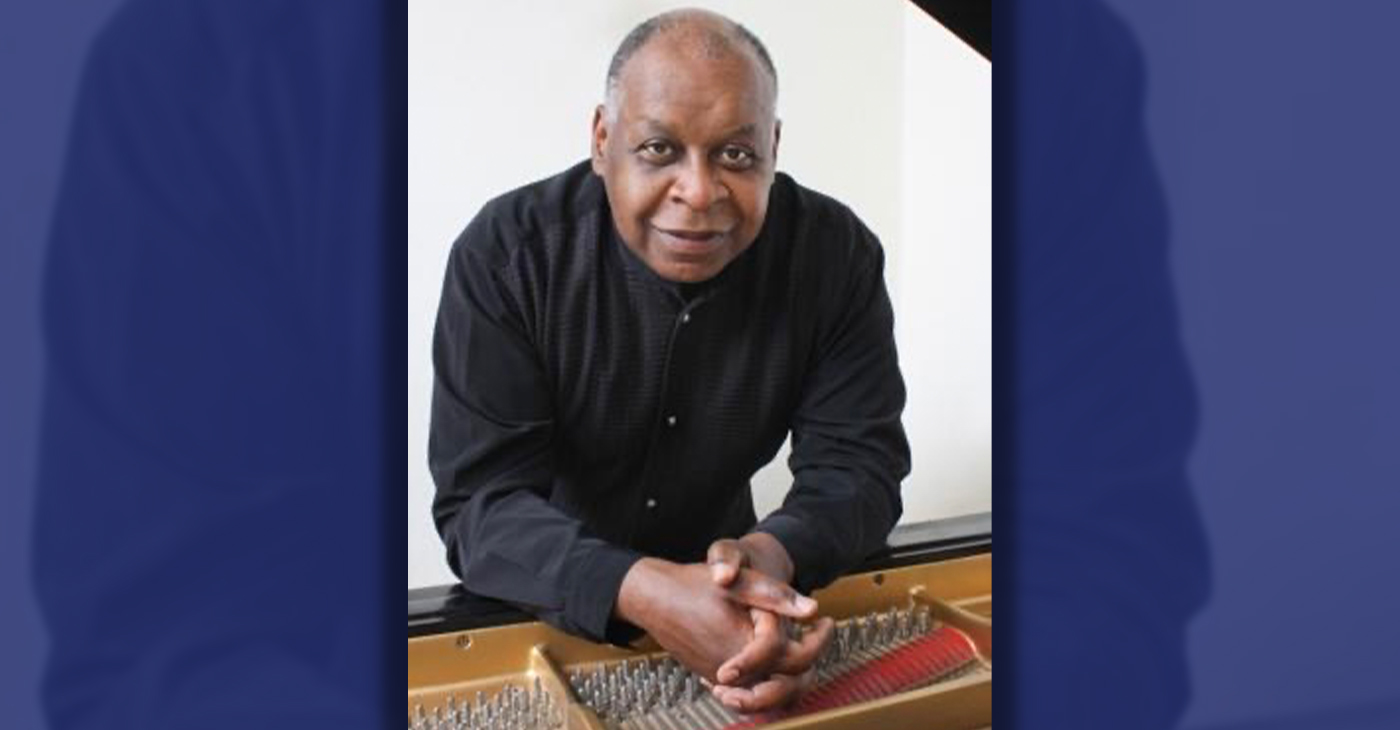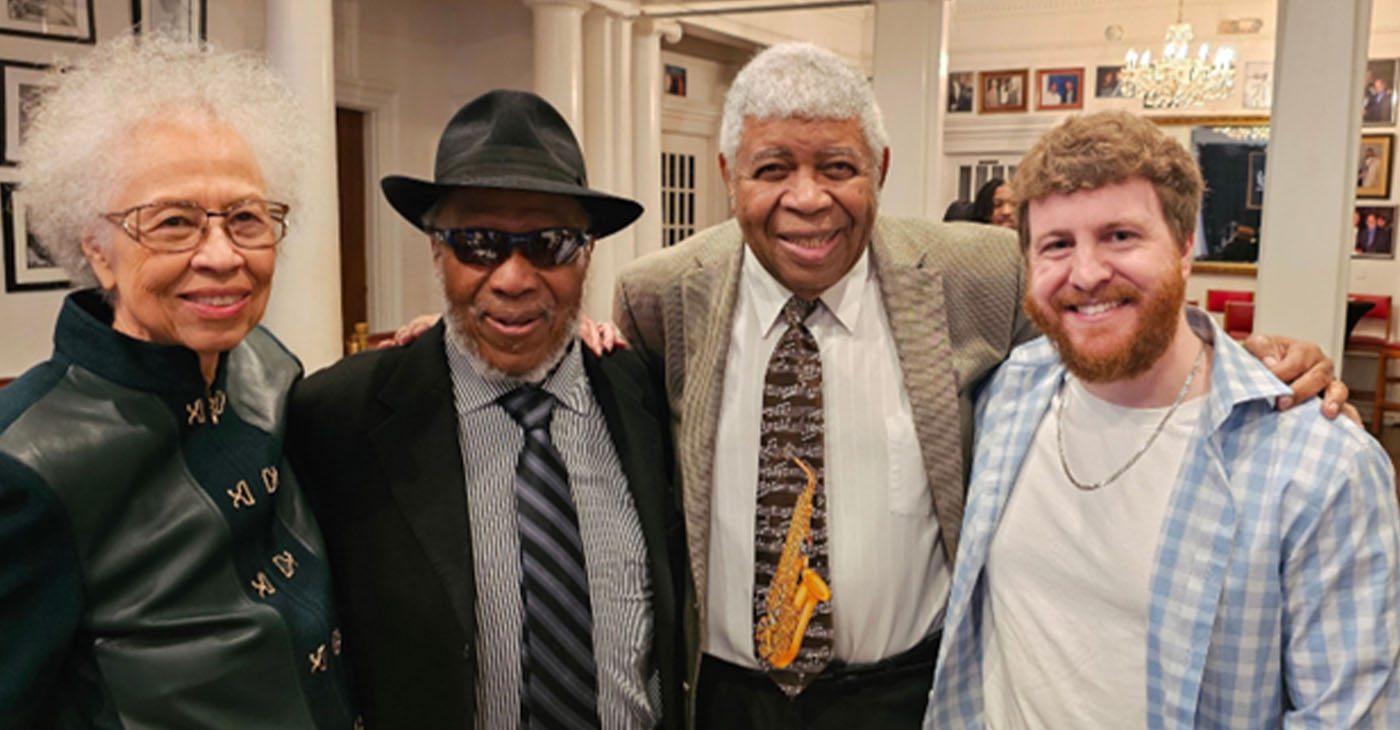Arts and Culture
Don’t Kid Yourself, History and Racism Are Traumatic
Filipinos weren’t enslaved, but as colonized people the tens of thousands who came as laborers were convenient replacements to come and work the agricultural fields of California. There’s not much difference between how Filipino colonials were treated compared with Blacks post-slavery. Filipinos, like Blacks, couldn’t be citizens, couldn’t intermarry, couldn’t own land, couldn’t vote.

By Emil Guillermo
“Emil Amok: Lost NPR Host…,” the one-man show I’m doing at Under St. Marks Theater in New York City until March 4, wasn’t really intended as a history show.
But it has turned into that.
I talk about how Filipino Americans continue to overcome the legacy of being America’s first colony in 1898. The U.S. had 13 original colonies, I guess the country just felt the need to have a colony of its own in order to feel its own oppressive power. The impact has lasted with Filipino’s “colonial mentality.”
I also point out how a pattern emerges between African American history and Asian American Filipino history. Filipinos weren’t enslaved, but as colonized people the tens of thousands who came as laborers were convenient replacements to come and work the agricultural fields of California.
There’s not much difference between how Filipino colonials were treated compared with Blacks post-slavery. Filipinos, like Blacks, couldn’t be citizens, couldn’t intermarry, couldn’t own land, couldn’t vote.
But Filipinos had that designation, “American National,” special class, second class, colonized. As non-citizens, the U.S. owned us and considered us “wards of the state.”
As I prepared for my show looking at our collective BIPOC history, it’s incredible how much AAPIs in particular have had to endure. Model minority?
Not if you look throughout Asian American history, from the Chinese Exclusion Act of 1882 to Filipino colonialism, to incarceration of Japanese Americans during World War II. (Incidentally, the 82nd anniversary of President Franklin Delano Roosevelt’s signing of Executive Order 9066, that rounded up 120,000 Japanese Americans was this past Sunday).
There’s so much history of discrimination to ponder among all BIPOC communities that if you are a member and think it’s taken a toll on your brain, as well as your entire body, you’re right.
Richard Sima, a neuroscientist and science journalist at the Washington Post, writes:
“Experiences of racial discrimination are consistently linked with mental health issues such as depression, anxiety, substance use and PTSD, as well as physical ailments such as diabetes, hypertension and obesity. Black Americans, for instance, are about twice as likely as white Americans to develop dementia.”
Sima says that over the long term, racism accelerates aging and degrades the parts of the brain that deal with emotion and cognition.
“This is not an effect of race,” Nathaniel Harnett, neuroscientist at McLean Hospital and an assistant professor of psychiatry at Harvard Medical School, told Sima. “It is an effect of the burdens we place on racial groups.”
The problems really kick in personally when the trauma we experience from race is invalidated or questioned.
How many times do people tell you, “That’s not racism.” Or, “It’s in your head.” Or “You’re imagining things.”
Chances are you’re not imagining things.
But that’s the problem. The self-doubt leads to “individual invalidation” and the struggle over self-worth.
And either we think about it, get vigilant, and struggle to overcome.
Or, we get crushed by it, run out of resources and get overcome as we try to manage the constancy of racism in our everyday experience. When we can’t deal with it all in a timely manner, racism increasingly becomes a mental health issue.
More and more studies are showing the overall impact of race discrimination is a “wear and tear” on the body with neuroimaging data showing a degrading in the brain’s gray and white matter.
The remedy? For some, simply slowing down and seeking mindfulness training can help. For
others, talking to a therapist, or more, may be needed.
There should be nothing wrong with seeking help. But too often, seeking help is either seen as a weakness or a flaw that people would rather not admit to in public.
I choose to do a one-man show about being Filipino in America. It’s not therapy. But it’s entertaining. You don’t have to be in New York, get a live stream ticket and see the show from your home.
Get tickets here: https://www.frigid.nyc/event/6897:338/
Emil Guillermo is a veteran award-winning journalist, commentator, and stage performer. See his vlog at www.amok.com
Arts and Culture
Kedrick Armstrong: New Music Director for the Oakland Symphony
The Oakland Symphony Announced Kedrick Armstrong as its Next Music Director. In addition to conducting the orchestra’s public concerts, Armstrong will also actively participate in the Oakland Symphony’s many education and community engagement programs, designed to inspire a love of music in people of all ages.

By Post Staff
The Oakland Symphony Announced Kedrick Armstrong as its Next Music Director.
In addition to conducting the orchestra’s public concerts, Armstrong will also actively participate in the Oakland Symphony’s many education and community engagement programs, designed to inspire a love of music in people of all ages.
Armstrong is the successor to previous music director and Conductor Michael Morgan, who passed away in 2021 after a 30-year tenure at the Symphony.
Armstrong will open the Oakland Symphony 2024-2025 season on October 18.
Armstrong, who is 29 and hails from Georgetown, South Carolina, is currently the creative partner and principal conductor of the Knox-Galesburg Symphony.
The Chicago Tribune has praised Armstrong for his ability to “simply let the score speak for itself.” He enjoys a wide range of repertoire, spanning early music to premiering new works, using his joy and curiosity for all music to cultivate understanding and collaboration within diverse communities.
“I am deeply honored and grateful for the opportunity to serve as the new music director of the Oakland Symphony,” Armstrong said. “As a Black conductor, I find it humbling to stand on the shoulders of both Michael Morgan and Calvin Simmons,” the most recent and the first African American music directors of the Symphony, respectively.
Armstrong led three programs at the Symphony between 2022 and early 2024, which showcased his broad knowledge of the classical repertoire and enthusiasm for spotlighting diverse voices.
On his Oakland Symphony subscription debut on Feb. 16, Armstrong led the world premiere of “Here I Stand: Paul Robeson,” an oratorio by Carlos Simon on a libretto by Dan Harder, commissioned by the Oakland Symphony.
Armstrong was selected unanimously by the Oakland Symphony’s board of directors and musicians after an extensive two-year search. “The search committee was overwhelmed by Kedrick’s scholarship and curiosity about all kinds of music, from classical and jazz to gospel and hip-hop,” said. Dr. Mieko Hatano, executive director of the Oakland Symphony. “We are thrilled to have him join us at the Oakland Symphony.”
Arts and Culture
Faces Around the Bay Dr. Carl Blake, Pianist
Born in Liberty, Missouri, Carl Blake, a virtuoso and respected pianist, made his most recent migration to the East Bay in 1999. One might have seen him performing recently at Noontime Concerts in San Francisco, or at the Piedmont Center for the Arts in Oakland. He is Director of Music at The Church for the Fellowship of All Peoples in San Francisco. He was also co-organizer and collaborative pianist at Herbst Theater for The Majesty of the Spirituals concert in 2022 and has held several church positions in the Bay Area.

By Barbara Fluhrer
Born in Liberty, Missouri, Carl Blake, a virtuoso and respected pianist, made his most recent migration to the East Bay in 1999.
One might have seen him performing recently at Noontime Concerts in San Francisco, or at the Piedmont Center for the Arts in Oakland. He is Director of Music at The Church for the Fellowship of All Peoples in San Francisco. He was also co-organizer and collaborative pianist at Herbst Theater for The Majesty of the Spirituals concert in 2022 and has held several church positions in the Bay Area.
Blake obtained a Bachelor of Music from Boston University and continued post-baccalaureate studies in Jamaica before earning a Master of Arts in Music at San Jose State University. He was the recipient of two Fulbright residencies in Honduras and completed a third residency at the University of St. Petersburg in Russia. He has a Doctor of Musical Arts from Cornell University.
At age 19, Blake, then an undergraduate piano major at Boston University, was “discovered” by Impresario Dr. W. Hazaiah Williams, who is the Founder and Director of Today’s Artists/Four Seasons Arts.
Williams honored Blake by awarding him the first Marian Anderson Young Artist Award. Anderson personally presented the award at the Masonic Auditorium in S.F. Subsequently, Blake was presented by Dr. Williams in his San Francisco debut at The Herbst Theatre. Williams subsidized a year of study abroad for Blake at the Paris Conservatory of Music. Additionally, Williams sponsored Blake’s New York Weill Hall debut, where he has performed twice since. Blake performed several times at the Yachats Music Festival in Oregon.
Blake continues to perform nationally and abroad. His hobbies are reading, baking and travel. He says, “I’m still pumping ivories, as Belgian pianist Jeanne Stark described the disciplined practice of concert piano.”
Arts and Culture
Oakland Jazz Great Offers Master Class as City Declares “John Handy Day”
World-renowned jazz master saxophonist John Handy, a McClymond’s High School graduate, was presented with a Mayor of Oakland Proclamation declaring Feb. 12, as John Handy Day in the city. Handy is most notably known as the featured saxophonist for Charles Mingus on “Goodbye Pork Pie Hat” from the album “Mingus Ah Um” (1959) and on “Hard Work” from his own album “Hard Work” (1976).

By Conway Jones
World-renowned jazz master saxophonist John Handy, a McClymond’s High School graduate, was presented with a Mayor of Oakland Proclamation declaring Feb. 12, as John Handy Day in the city.
Handy is most notably known as the featured saxophonist for Charles Mingus on “Goodbye Pork Pie Hat” from the album “Mingus Ah Um” (1959) and on “Hard Work” from his own album “Hard Work” (1976).
“John Handy is a jazz icon and an inspiration to musicians everywhere,” said Ayo Brame, a 16-year-old Oakland tenor saxophone player who is enrolled at the Oakland School for the Arts.
In celebration of this day, the reception in downtown Oakland at Geoffrey’s Inner Circle was a gathering of artists, young and old, coming together in his honor and celebrating his 91st birthday.
Handy presented a Saxophone Colossus free masterclass for musicians. This class afforded a rare opportunity to learn about the saxophone from an aficionado. The class was free and open to all – saxophonists, vocalists, aficionados, students, and casual listeners.
“As a longtime friend for over 60 years, and fellow musician who has had numerous opportunities to share the stage with John, it has always been a pleasure performing with him and hearing his creative interpretations of the music and his gift of ease inspiring the next generation of jazz musicians,” said Roger Glenn, a multi-instrumentalist.
-

 Activism4 weeks ago
Activism4 weeks agoOakland Post: Week of March 27 – April 2, 2024
-

 #NNPA BlackPress4 weeks ago
#NNPA BlackPress4 weeks agoCOMMENTARY: D.C. Crime Bill Fails to Address Root Causes of Violence and Incarceration
-

 #NNPA BlackPress4 weeks ago
#NNPA BlackPress4 weeks agoMayor, City Council President React to May 31 Closing of Birmingham-Southern College
-

 #NNPA BlackPress4 weeks ago
#NNPA BlackPress4 weeks agoBeloved Actor and Activist Louis Cameron Gossett Jr. Dies at 87
-

 Community1 week ago
Community1 week agoFinancial Assistance Bill for Descendants of Enslaved Persons to Help Them Purchase, Own, or Maintain a Home
-

 Activism3 weeks ago
Activism3 weeks agoOakland Post: Week of April 3 – 6, 2024
-

 Business1 week ago
Business1 week agoV.P. Kamala Harris: Americans With Criminal Records Will Soon Be Eligible for SBA Loans
-

 Activism2 weeks ago
Activism2 weeks agoOakland Post: Week of April 10 – 16, 2024




















































